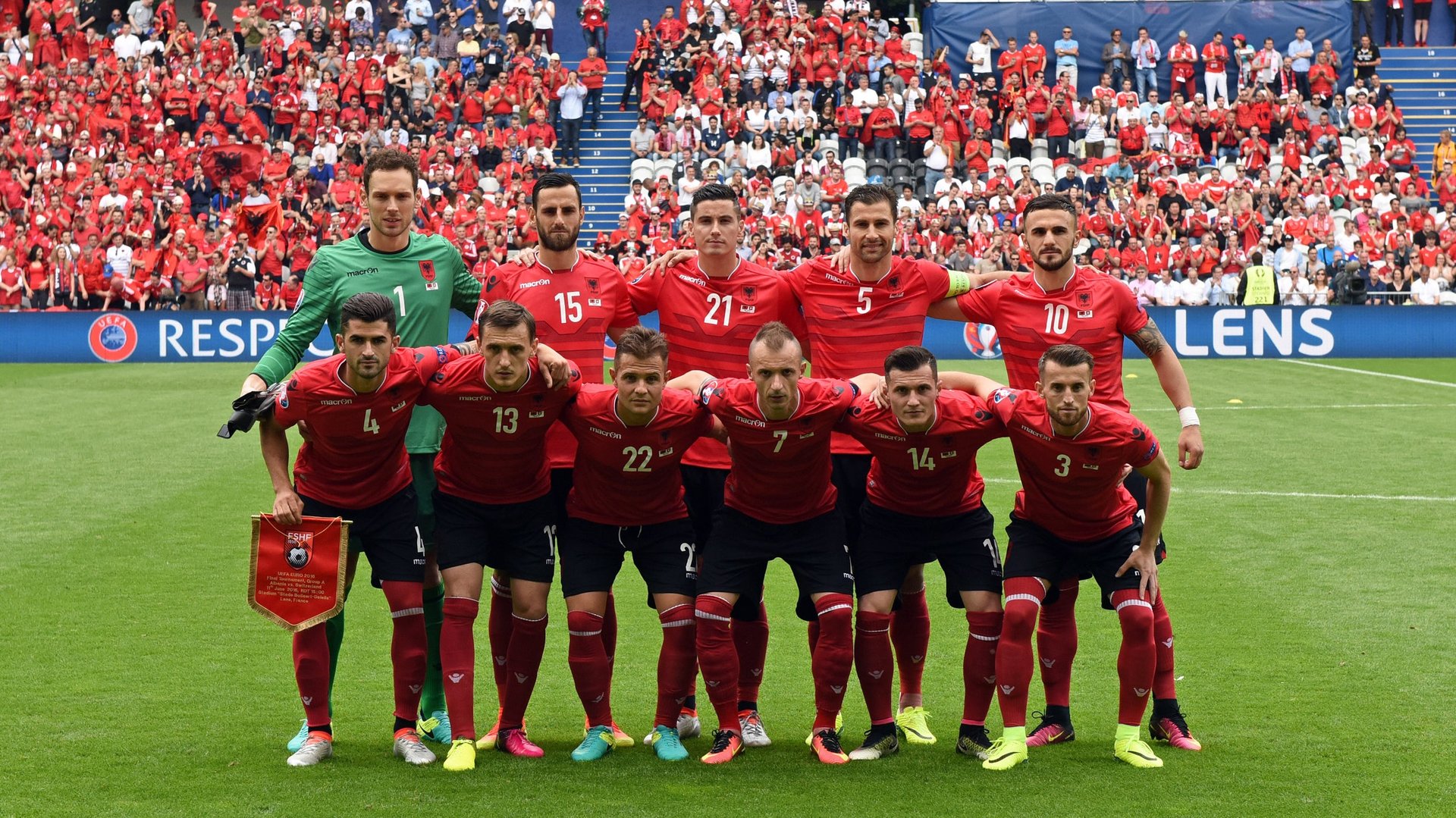Why do we even call the Euros a national tournament?
What does it mean to represent a country if you’re from more than one?


What does it mean to represent a country if you’re from more than one?
Europe’s international soccer tournament, the Euros, kicked off yesterday in France, amid heightened security. Along with the World Cup, and the Copa America, this is one of the most-watched tournaments in which soccer players purport to represent entire nations.
And yet, at this year’s tournament, some national teams could take the field with a side made up entirely of those who were born in—or are eligible to play for—another country.
According to Euan McTear, a journalist at the Spanish sports newspaper Marca, only two teams don’t have players with dual nationality. Separately, sports site AS.com (link in Spanish) says players with dual nationality account for 23% of all players in the tournament.
The modern reality of citizenship, especially for highly skilled, highly compensated laborers such as professional soccer players, simply undermines the idea that these teams actually represent any given nation.
Under the rules of FIFA, the governing body of the sport, players who were born overseas, or whose parents were, can represent both countries. Promising junior-level players often flirt with multiple allegiances, but FIFA dictates that once they turn 21, or play for a national team’s senior squad, they have to stick with that team.
Today’s first game, between Switzerland and Albania, actually saw two brothers playing for either side. The parents of Granit and Taulant Xhaka, the former of which plays for Switzerland, emigrated from Kosovo, which has a large ethnic Albanian population, to Switzerland in 1989, according to the Guardian. They both played for Switzerland at the youth level, and according to the British paper, there are nine members of the Albanian squad that were born or brought up in Switzerland.
Of course, in an age of high-priced transfers, the notion of a team “representing” any geography—whether local or national—is increasingly illogical. Players in professional leagues switch between teams “representing” different cities as quickly as it takes to ink a new contract. That fact essentially reduces fans to cheering for not players, but different colored shirts. “You’re actually rooting for the clothes, when you get right down to it,” American comedian Jerry Seinfeld famously said.
And maybe that’s fine. The fact that players can so easily lead lives that cross borders would be impossible without the peace and stability that have largely prevailed in Europe since 1945. From that perspective, the fact that the millions of fans turning into the Euros don’t really care where the players wearing their colors are from is a very good thing.